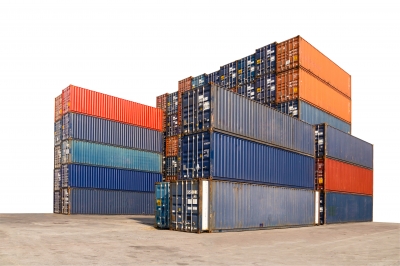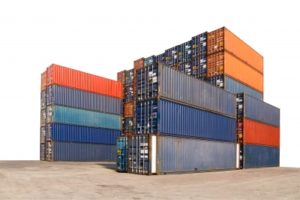Customs Commissioner Isidro Lapeña is warning Bureau of Customs (BOC) officials against processing shipments with articles that have been declared in general terms as such declarations violate customs regulations.
In a memorandum to all district and sub-port collectors, Formal Entry Division chiefs, and examiners and appraisers signed January 12, Lapeña warned that “any failure to adhere to required standard will be taken seriously and will be subject to close scrutiny.”
According to Lapeña, Customs Administrative Order (CAO) No. 08-2007 and Customs Memorandum Order (CMO) No. 28-2007 have been “reiterated for several times already since [their] issuance, nonetheless, violations remain prevalent.”
CAO 08-2007 establishes the rules for describing imported articles properly in tariff terms, while CMO 28-2007 implements the CAO.
In October last year, Import Assessment Service officer-in-charge Jeoffrey Tacio enjoined customs officials, importers, and customs brokers to “revisit and observe” the provisions of CAO 08-2007 and CMO 28-2007.
READ: BOC to strictly enforce penalty for imports with generic description
BOC in early 2014 revived the two orders, which had gone unenforced for seven years. In March 2015, the agency suspended 70 traders and 45 customs brokers for describing imported articles in general terms, lifting the suspension more than a week after.
In 2015, BOC again reiterated the need to comply with the two memos after verifying reports that numerous imported goods “were declared in general manner to avoid proper classification and valuation or that description of articles in the import declarations [was] not sufficient in detail to enable the article to be identified for tariff classification, valuation and other statistical purposes.”
CMO 28-2007 requires importers to make detailed descriptions of imported articles in tariff terms, or have their shipments go through 100% examination.
The order aims to foil attempts by importers to evade paying the right tariff by simply giving generic descriptions.
Under the CMO, the description of articles must be “in sufficient detail to enable the article to be identified for tariff classification, valuation and other statistical purposes.”
Description should be specific, such as centrifugal for pumps, diesel for engines, skimmed for milk, and shoulder for bags. The brand and model or style of the articles, capacity, quality, grade, process, and retail packaging must also be indicated.
The CMO will be the basis for encoding Box 31 of the Import Entry and Internal Revenue Declaration (IEIRD); preparing the packing list, commercial invoices, entry declaration, and Value Reference Information System (VRIS) and Classification Rulings; accomplishing the IEIRD returns by the Customs Operations Officer (COO) IIIs and COO Vs; and describing items for establishing or publishing values and for statistical purposes.
For motor vehicles, meanwhile, members of the Chamber of Automotive Manufacturers of the Philippines Inc., participants in the Motor Vehicle Development Program, and other importers who are authorized distributors of specific car brands should indicate on the packing list the chassis and engine number.
BOC has listed 120 items that are often declared by importers in general terms and are now to undergo 100% examination to determine if they conform to the provisions of CAO 8-2007.
Failure to describe the shipment in detail will be the full responsibility of the importer or broker, CMO 28-2007 states.
“Good faith is not a defense. Both importers and customs brokers shall exercise utmost diligence in declaring goods for purposes of customs clearance,” CMO 28-2007 added.
Violators will be given a warning on their first offense, get their accreditation suspended for six months on second offense, and have their accreditation cancelled and their name blacklisted on third offense. – Roumina Pablo
Image courtesy of satit_srihin at FreeDigitalPhotos.net






